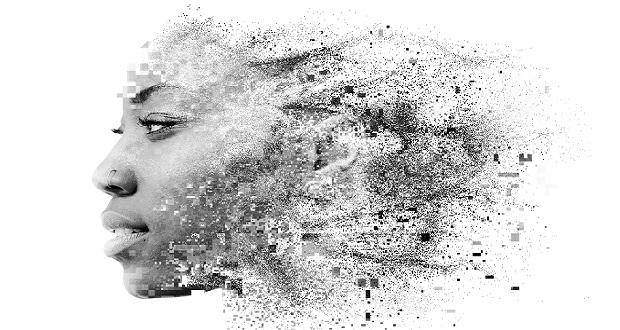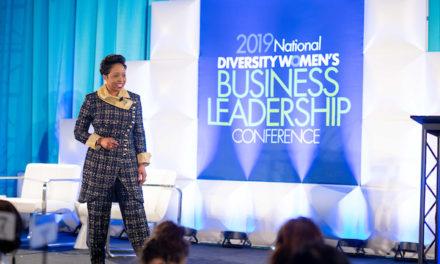
Chances are you’re already familiar with the book Crucial Conversations, which urges the importance of having dialogue in high-stakes situations. In this post, I want to think about the equally important dialogue that can come from low-stakes, intimate conversations that can further strengthen relationships—what I call “cozy conversations.” Cozy conversations are the kinds of conversations we have with people as we develop a closer connection, higher levels of trust, a willingness to be vulnerable, and the confidence to take a risk. Cozy conversations are not only deeply satisfying; but they can be incredibly rewarding—especially for growth in cultural competence.
One of the action steps that we often encourage people to take after a cultural competence training is to look for opportunities to develop relationships with someone who is culturally different than they are. And a key caveat is that this advice comes with some important disclaimers and caution—and is more successful with higher levels of cultural competence.
The potential downside to being proactive about developing more diverse networks and deeper cross-cultural friendships is that these efforts can come across as disingenuous or self-serving if they do not develop organically, mutually and from a place of sincerity. Not to mention the discomfort and awkwardness that are natural experiences of branching out of your typical comfort zone. But as I’m sure you know from experience, nothing will transform, challenge and shape you more than developing more cross-cultural relationships. And the road to more transformative relationships is paved with cozy conversations.
I’m calling them cozy conversations because they usually require some degree of trust that is deeper than mere acquaintanceship and they have the ability to strengthen a relationship in ways than little else can. Just last year during a training session with a client, an African-American woman stood up to share that the night before she had a cozy conversation with one of her best friends (who is white), who she had known for years, about issues of race. She described the conversation as liberating, fun, and intimate and was grateful that she was able to share experiences with her friend that she’d never brought up before. What was most shocking for this woman was that her relationship with her friend had lasted so long without either of them knowing so much about each other’s experience around race and culture—she said “it just never came up.” But I will never forget the joy she expressed after having revealed this side of her identity and experiences—and I’m sure the feelings were mutual for her friend.
Social scientists tell us that human beings are not nearly as stable and confident in their identities as we’d like to believe. Of course everyone shares varying degrees of self-confidence and a sense of their cultural identity, but identities are fluid and can change over time. In fact, one way that we come to know who we are is through the feedback that we get from others about our identities—this can come through words, facial expressions and other bodily reactions to our presence. But the problem is that this social identity process doesn’t happen in a vacuum—it happens in the biased and shifting worlds that we live in. And people don’t always see us for who we really are; they see us through the lenses of who they think we are based on their previous experiences of other people like us. This is how heinous acts of religious violence play out for example; people don’t inflict pain on other human beings they see as valuable—their violence is directed toward an imagined stereotype of who they think the other is. The violence is built on a lie, a mirage.
This is also how people can harbor deep racist sentiments about an entire racial group yet try to defend themselves with the worn out phrase, “well my best friend is _______(fill in racial group).” This defense is built on the process of befriending the actual person, while discriminating against their imagined group. Racism is a powerful drug. And this is why cozy conversations are so crucial, sobering and necessary. Having deep intimate conversations with one another—especially across cultural differences—is the antidote to our imagined ideas of who people are. We must constantly fight to dismantle our stereotypes and get to know the real, living, breathing person in front of us. And cozy conversations are not just the glue that draws us together—they are the hammers that shatter our illusions.


















